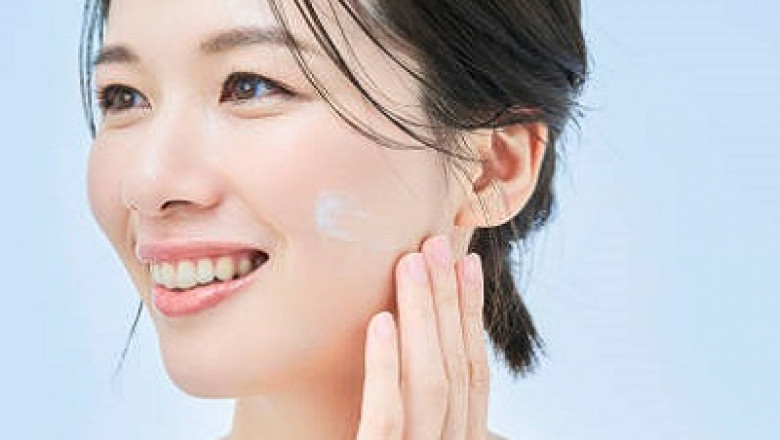views
The pursuit of a lighter complexion is deeply rooted in South Asian culture, where fair skin is often associated with beauty and social status. This blog delves into the growing trend of skin whitening in Islamabad, exploring its options, implications, and evolving perceptions.
Cultural Influence on Beauty Standards
In South Asian societies, including Islamabad, lighter skin has historically been linked to attractiveness and privilege. This belief is reinforced through media portrayals, matrimonial ads, and societal norms. Although growing awareness around inclusivity is challenging these biases, the demand for skin whitening remains strong.
Popular Skin Whitening Methods
Islamabad offers a variety of skin whitening solutions, catering to diverse preferences and budgets. Here are some common approaches:
-
Topical Creams and Lotions
- Skin-lightening creams containing hydroquinone, kojic acid, and vitamin C are widely used to reduce melanin production.
- It is essential to consult a dermatologist before use, as some products may contain harmful ingredients like mercury.
-
Chemical Peels
- Chemical peels help exfoliate the skin, revealing a brighter complexion by removing dead cells and stimulating new growth.
- This method is effective for improving tone and texture but requires professional supervision.
-
Laser Treatments
- Laser therapy targets melanin to reduce pigmentation and lighten skin.
- Advanced laser technology is increasingly accessible in Islamabad, offering safe and precise results.
-
Glutathione Supplements
- Glutathione injections and oral supplements are sought for their antioxidant properties and skin-lightening effects.
- Despite its popularity, glutathione’s long-term safety and effectiveness remain debated.
-
Home Remedies
- Traditional solutions like turmeric, yogurt, and lemon juice are still favored by many for their perceived skin-brightening benefits.
- While natural, these remedies require consistent application and patience.
Weighing Risks and Concerns
Skin whitening methods, though appealing, come with potential risks and ethical challenges:
-
Health Risks
- Overuse of unregulated products can cause side effects such as skin irritation, discoloration, or more severe complications.
- Over-reliance on invasive procedures may lead to skin sensitivity or thinning.
-
Psychological Impact
- Societal pressure to achieve fair skin can affect self-esteem and mental well-being.
- Promoting diverse beauty standards can help alleviate this issue.
-
Ethical Issues
- The skin whitening trend perpetuates colorism, undermining efforts to celebrate natural beauty.
- Greater emphasis on inclusivity and education is necessary to shift perspectives.
Changing Beauty Narratives
The dialogue around skin whitening in Islamabad is gradually evolving. Campaigns celebrating natural beauty and self-confidence are gaining momentum. Social media influencers and thought leaders play a key role in breaking stereotypes and promoting acceptance of diverse skin tones.
Conclusion
Skin whitening in Islamabad continues to thrive due to cultural influences and advancements in cosmetic technology. While personal choices should be respected, it is crucial to approach these treatments with awareness of their risks and societal implications. Encouraging a broader definition of beauty that values diversity and self-acceptance is vital for a healthier and more inclusive future.






















Comments
0 comment